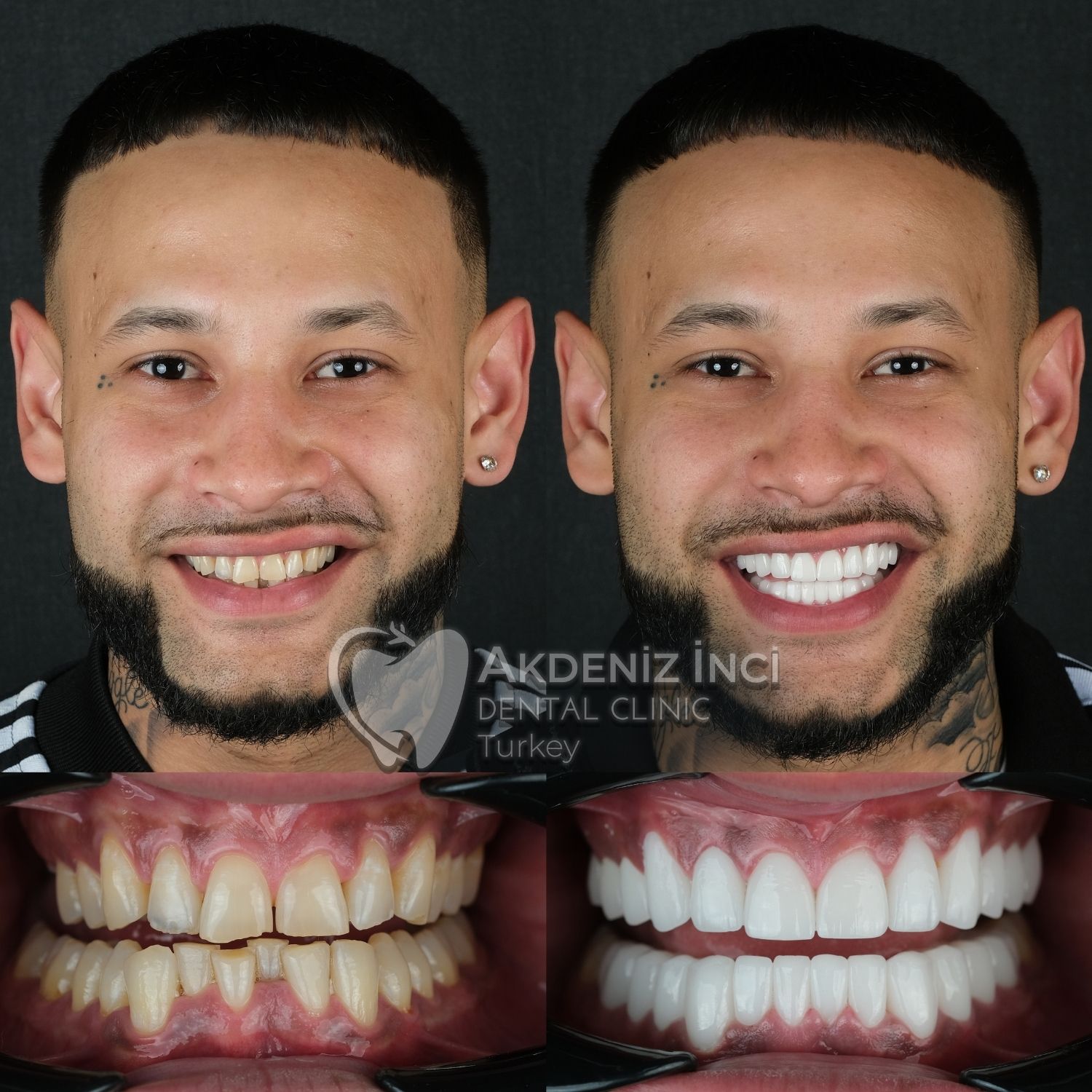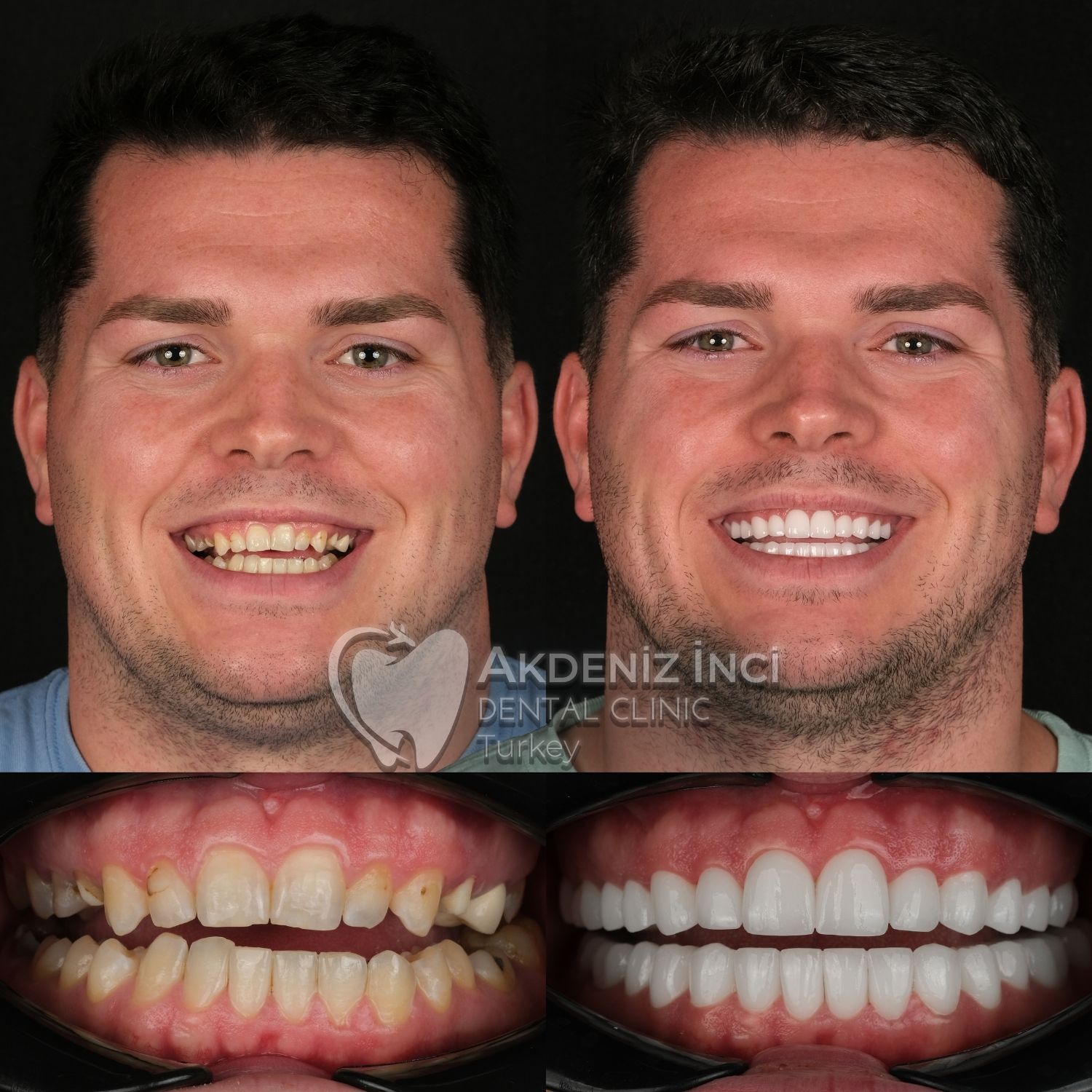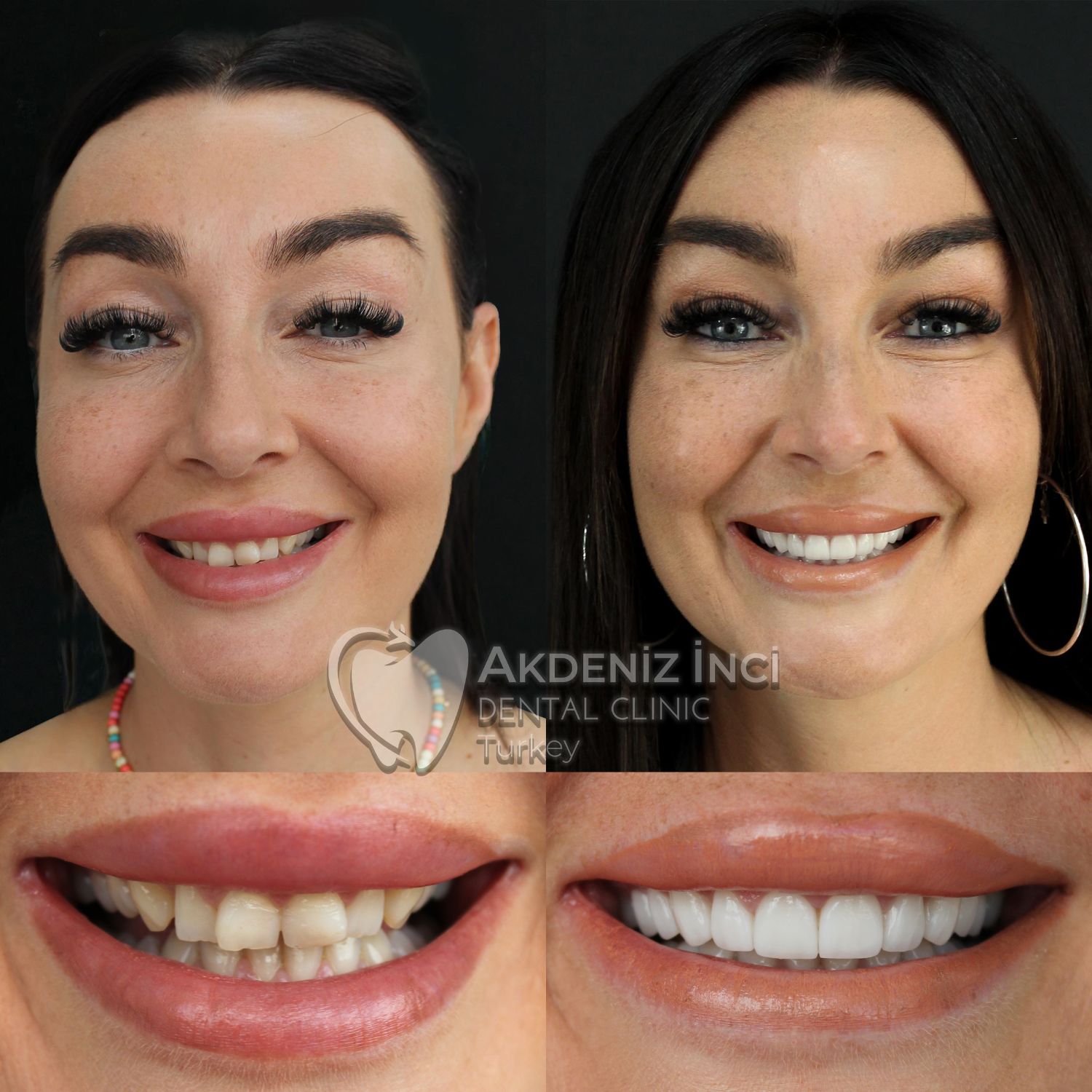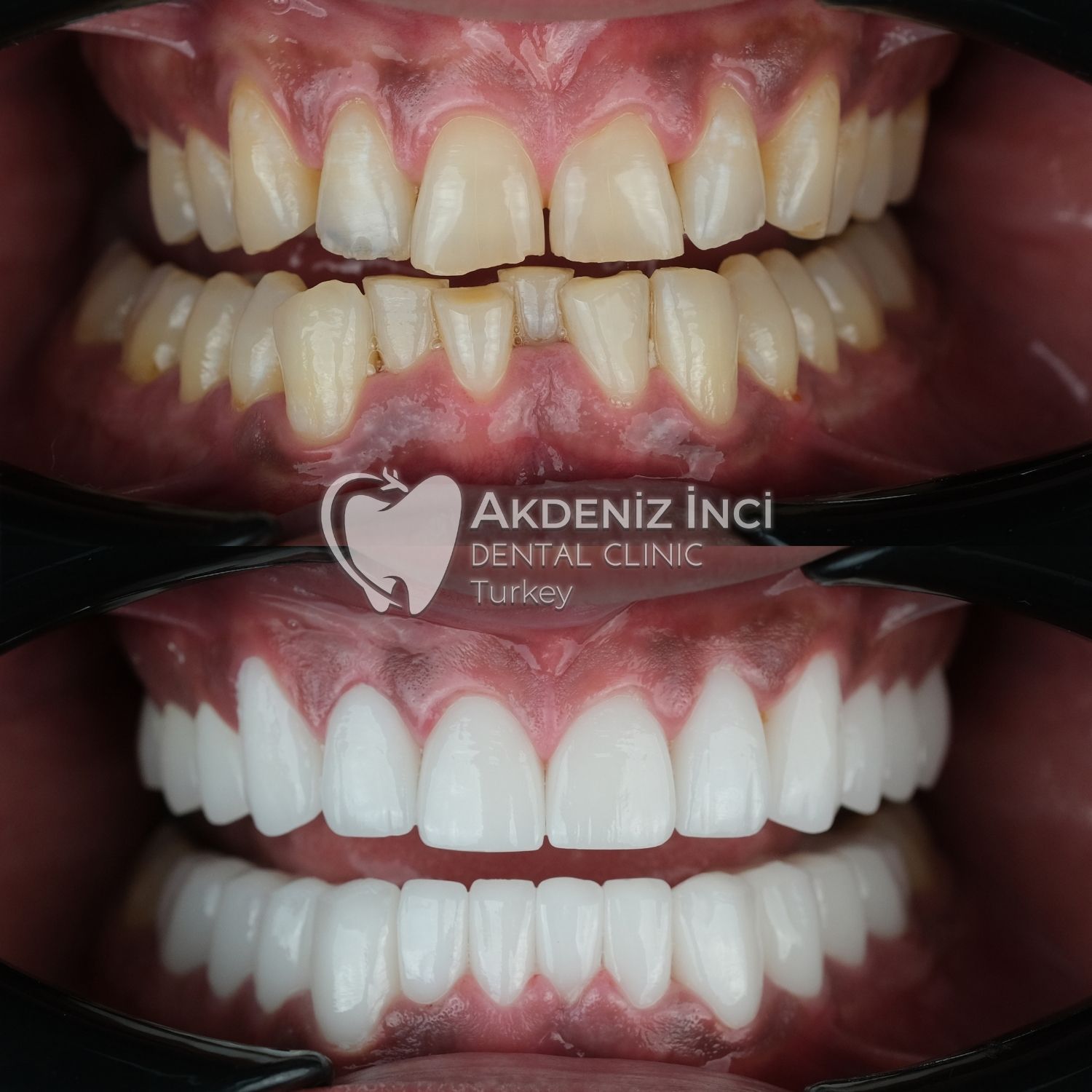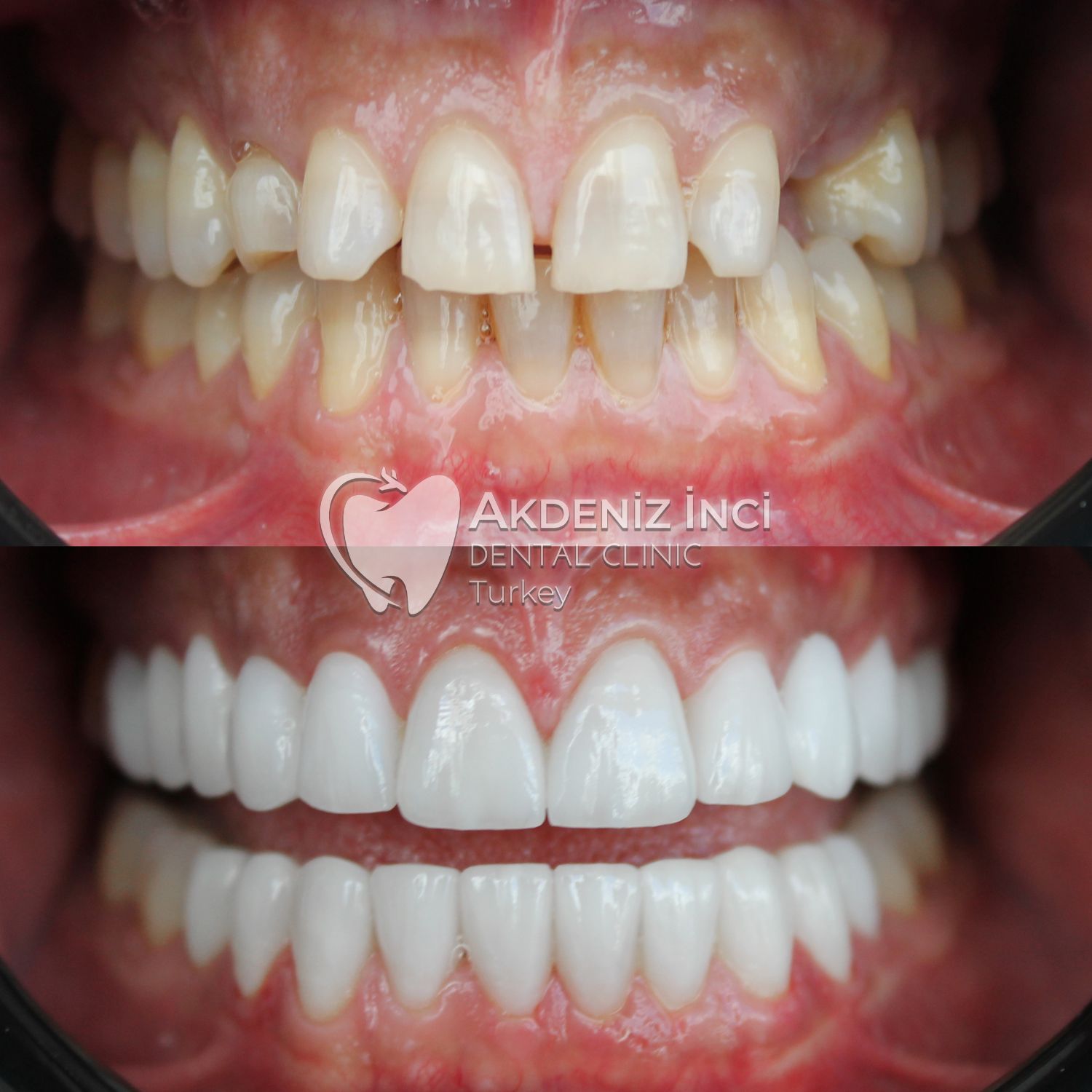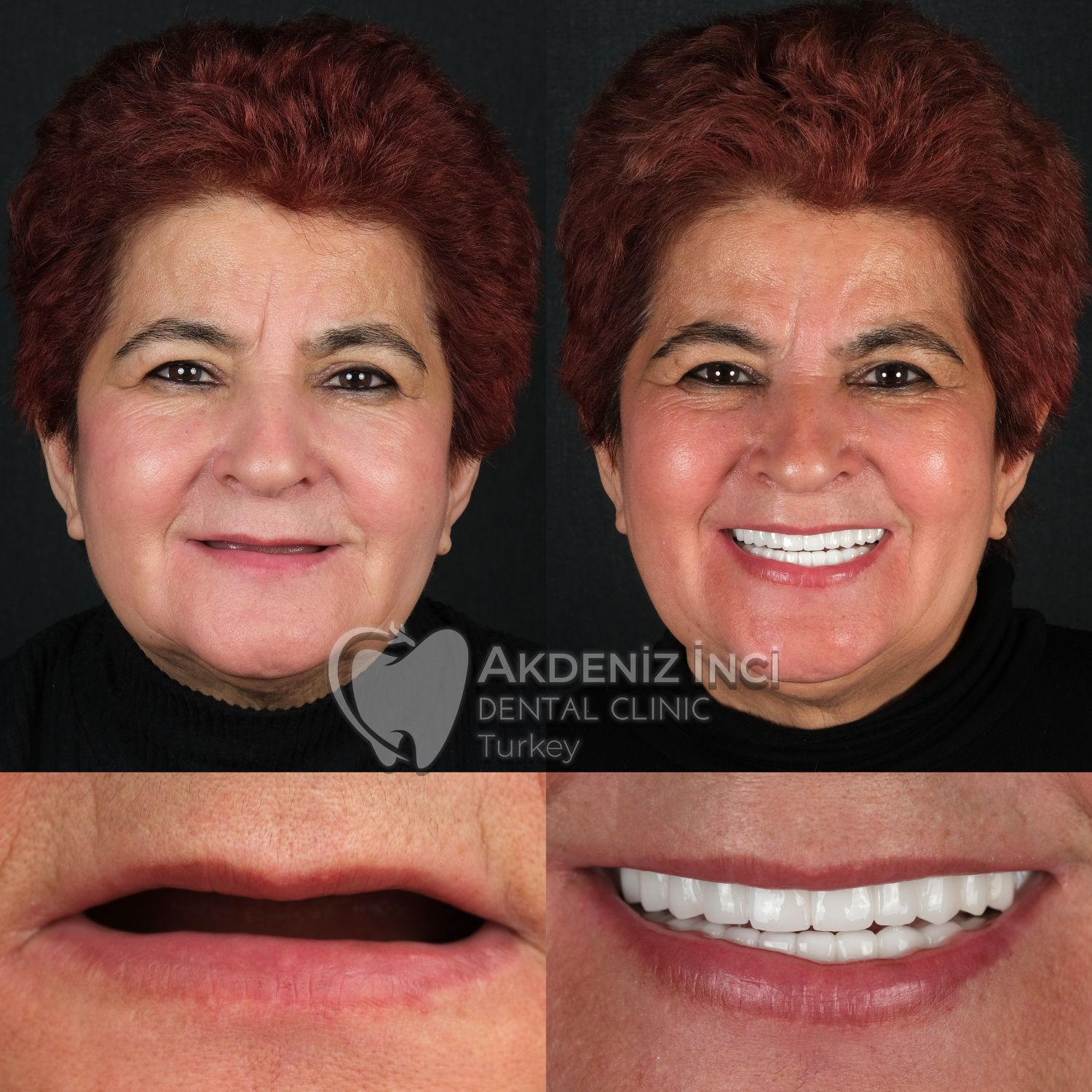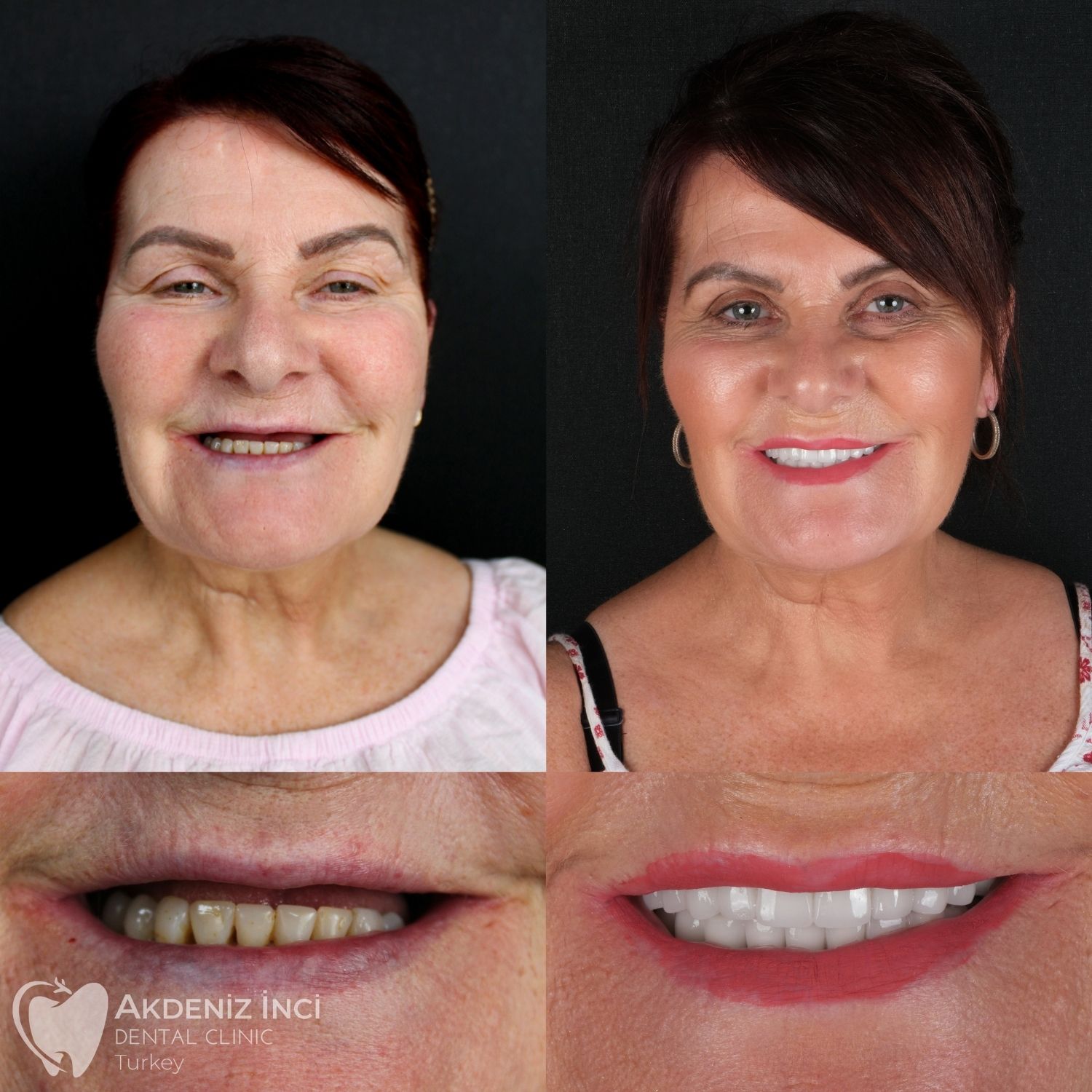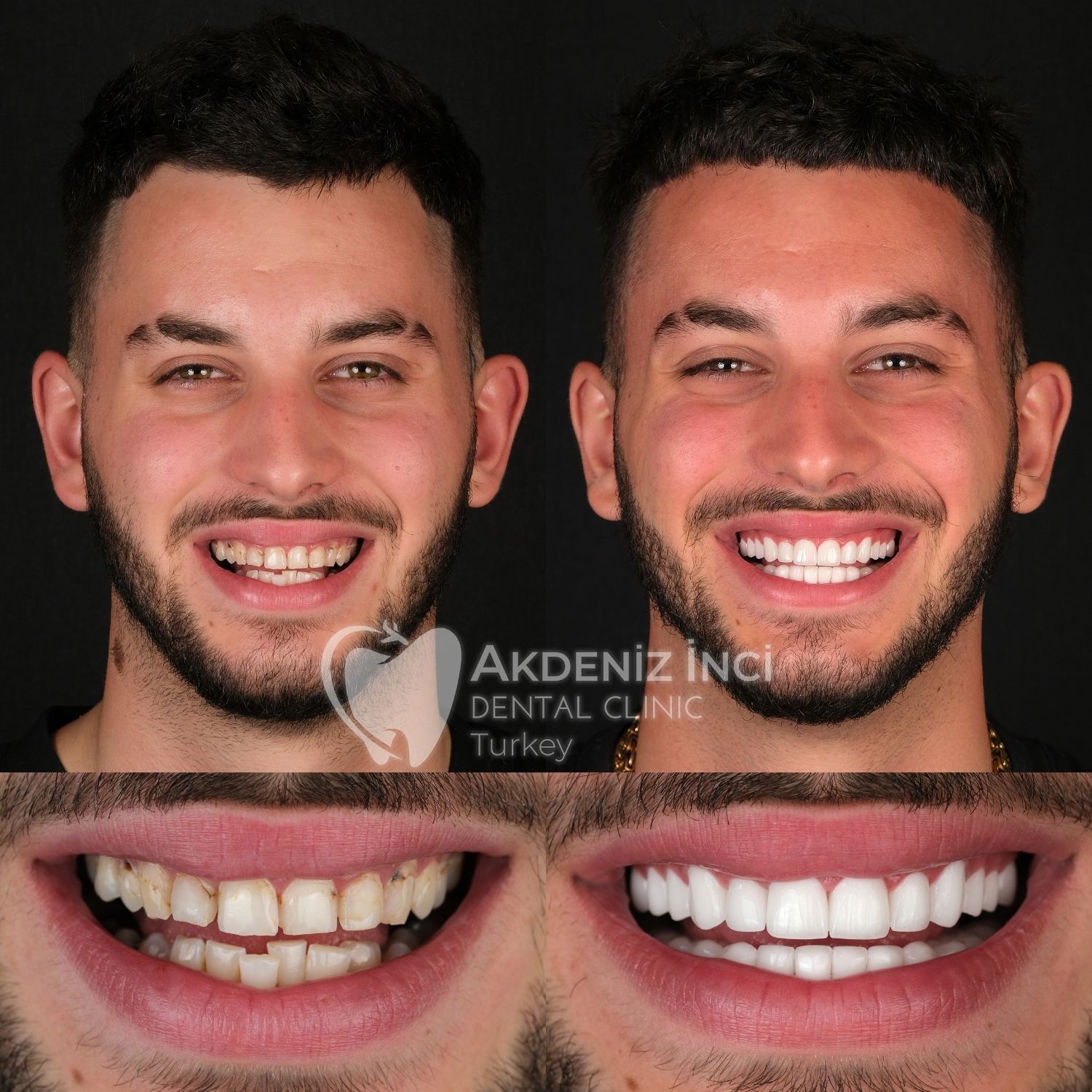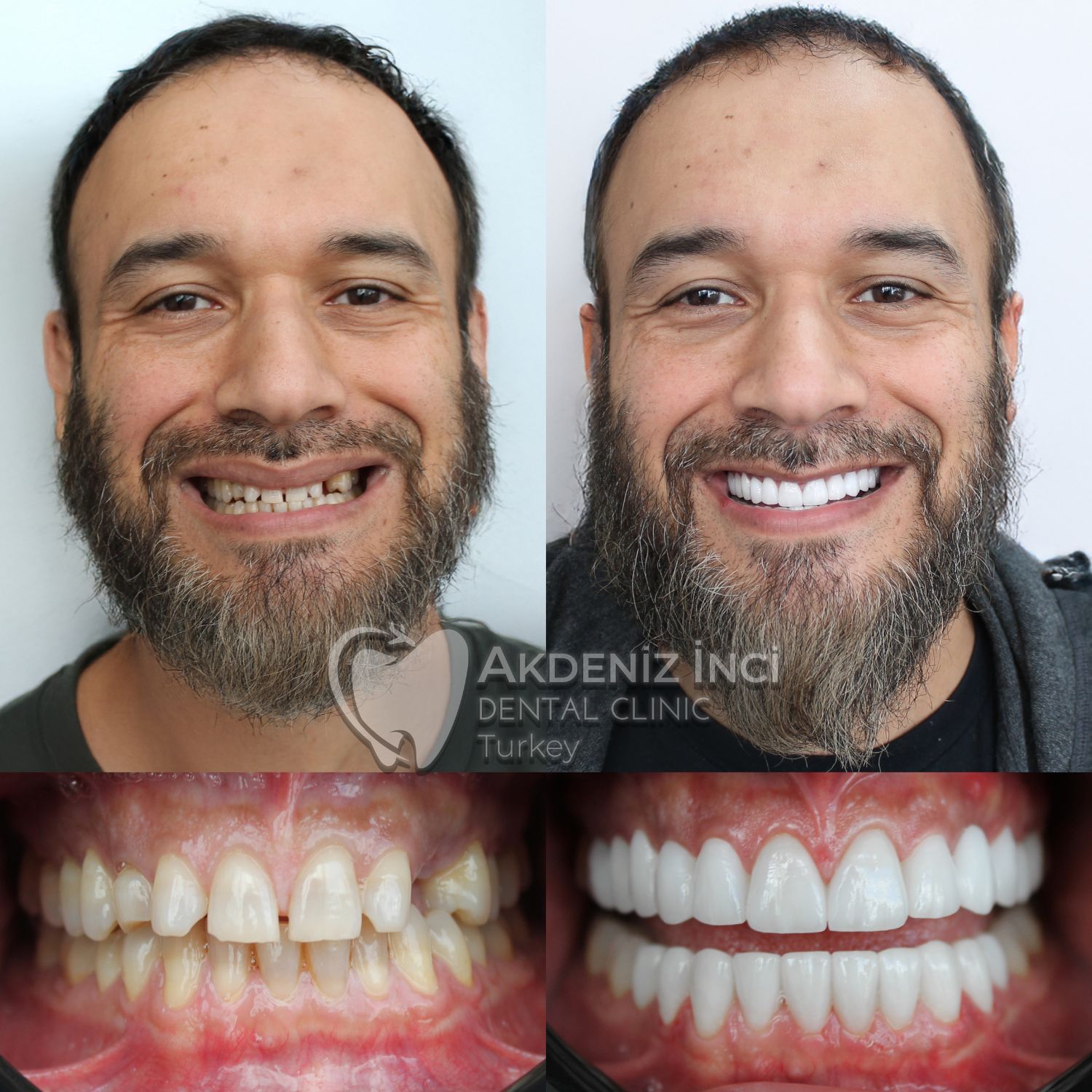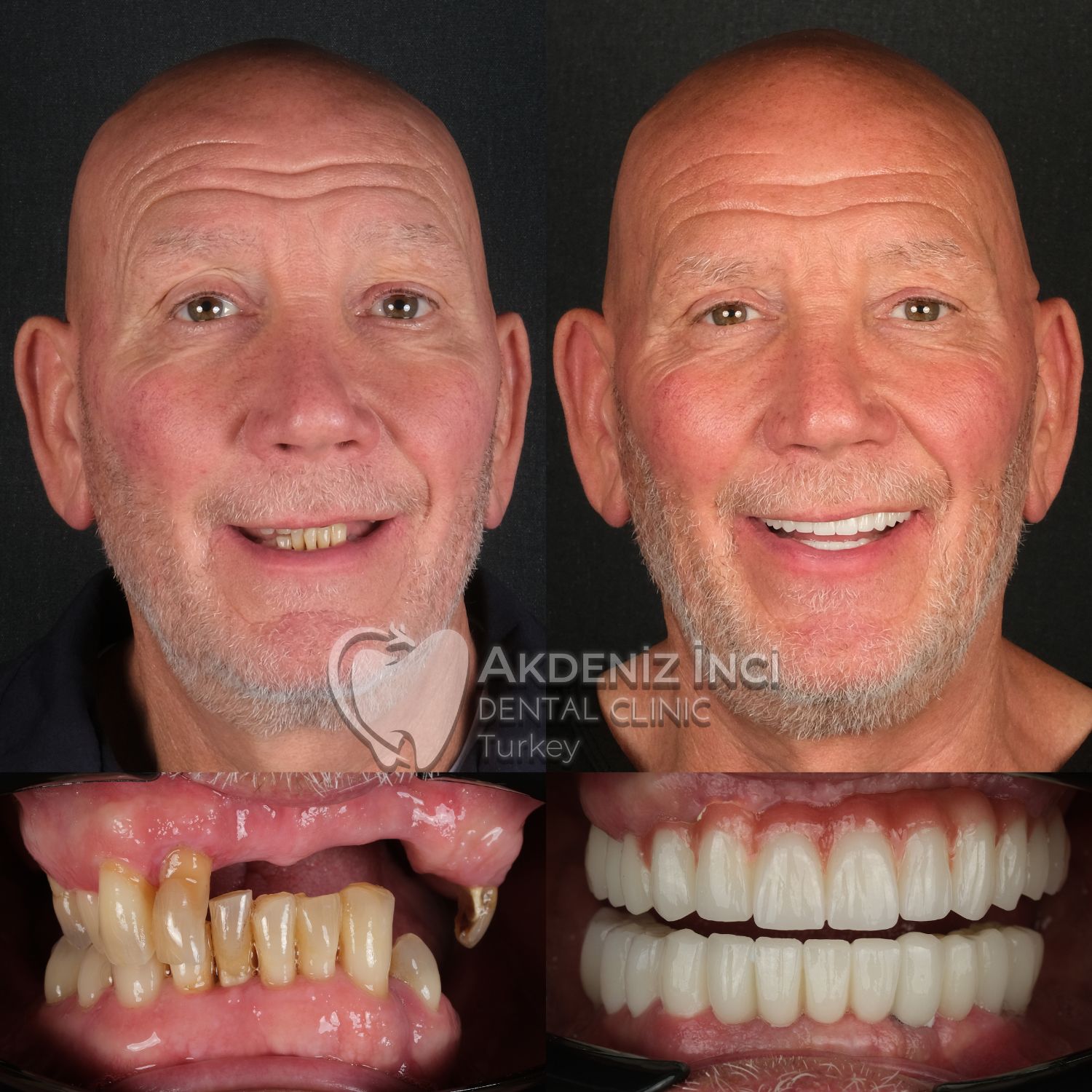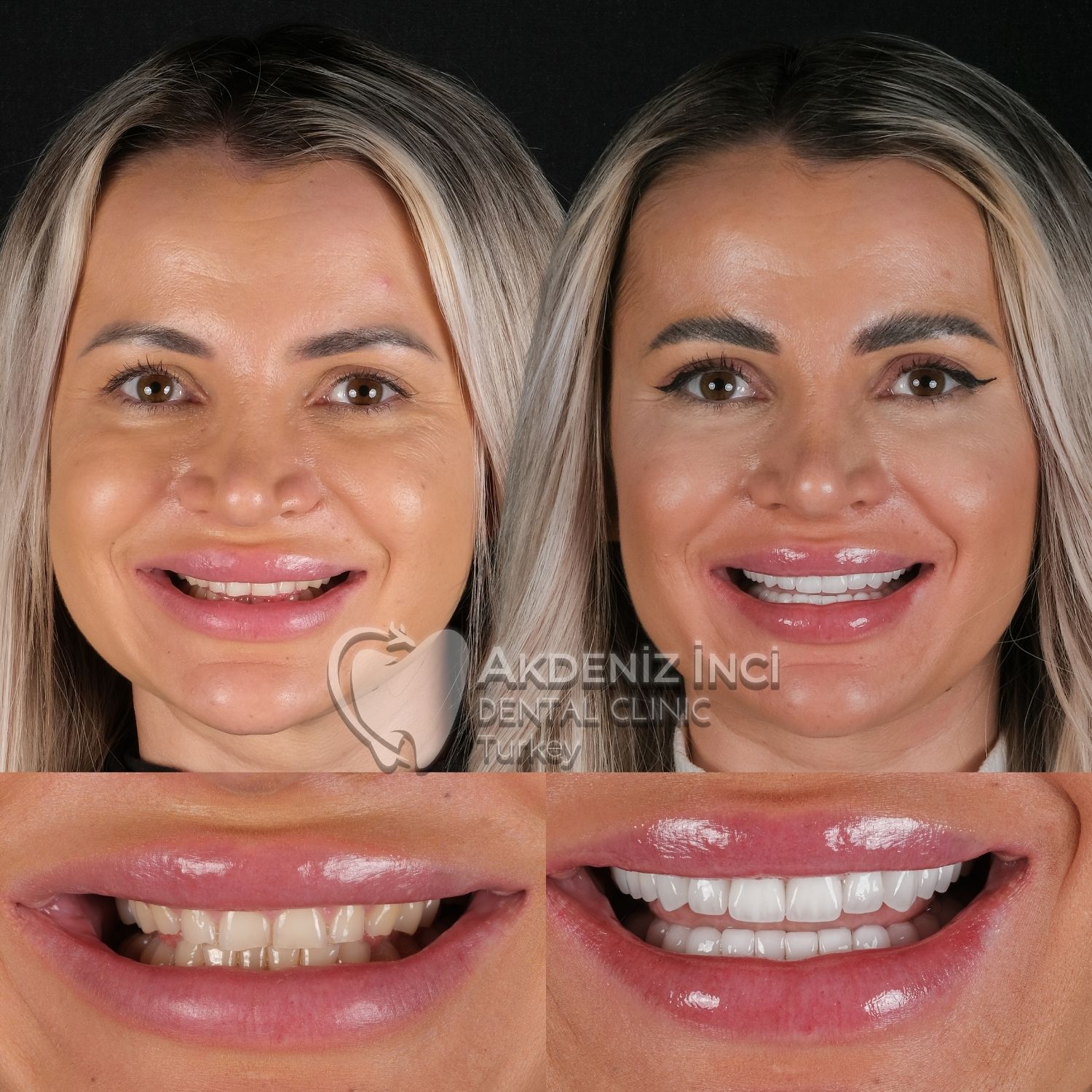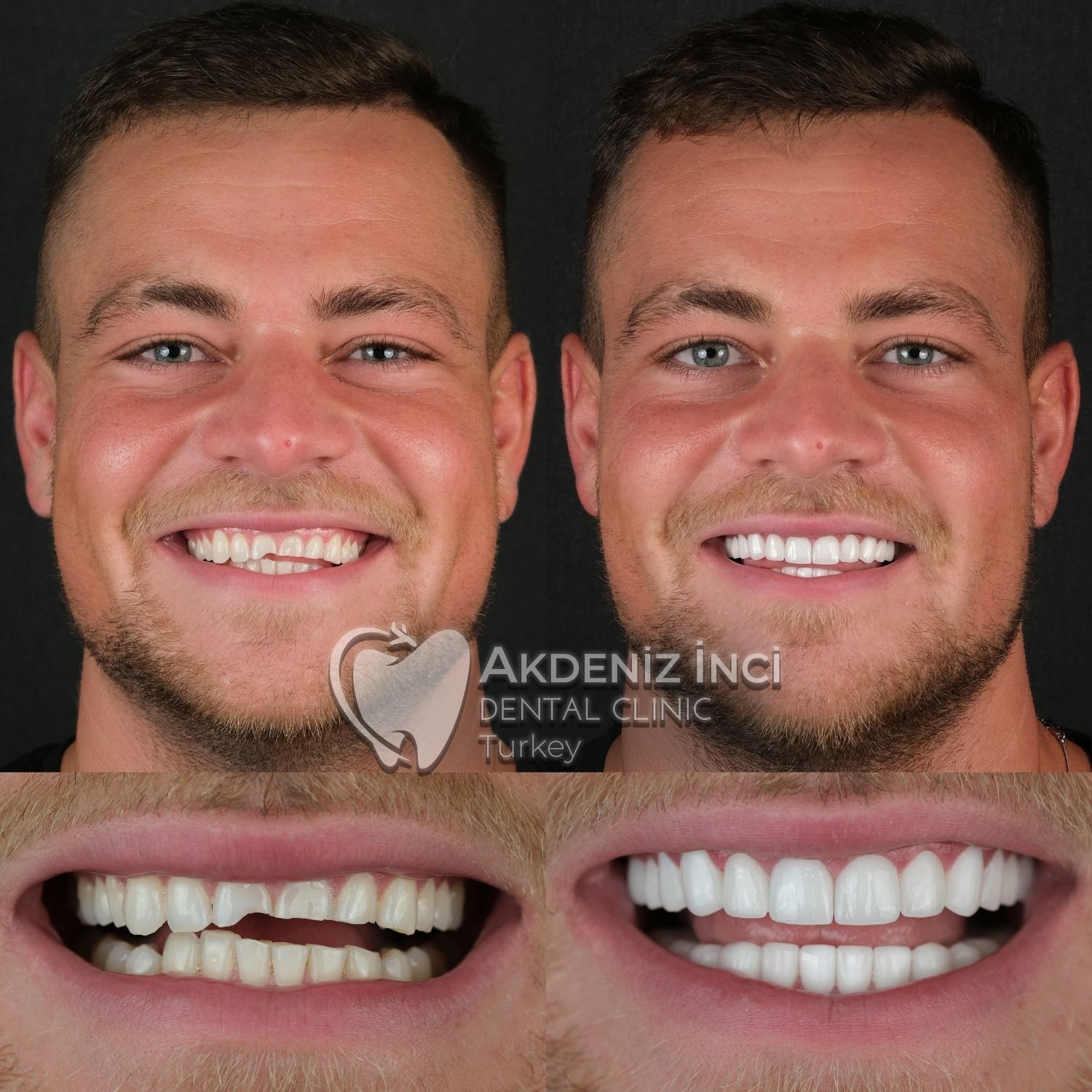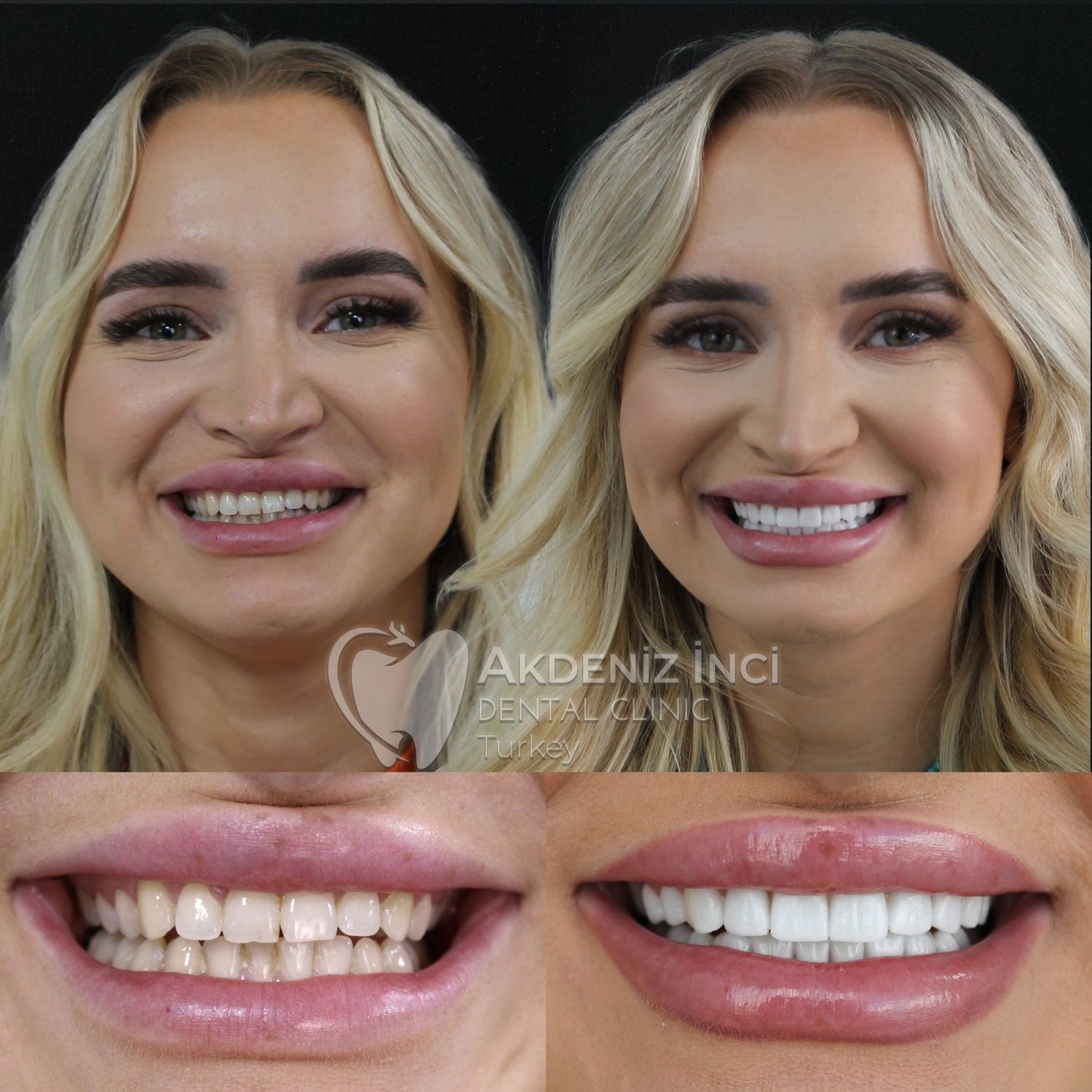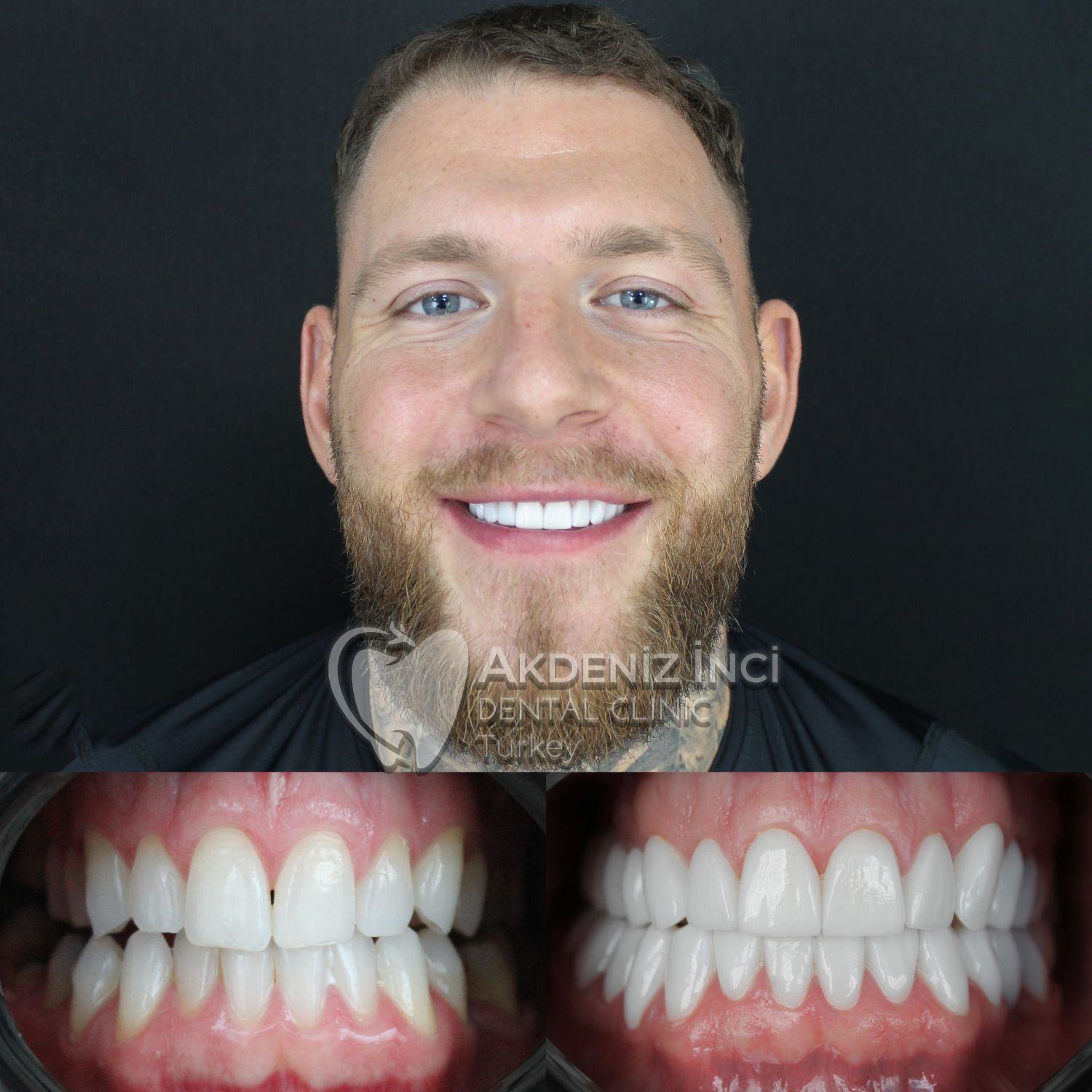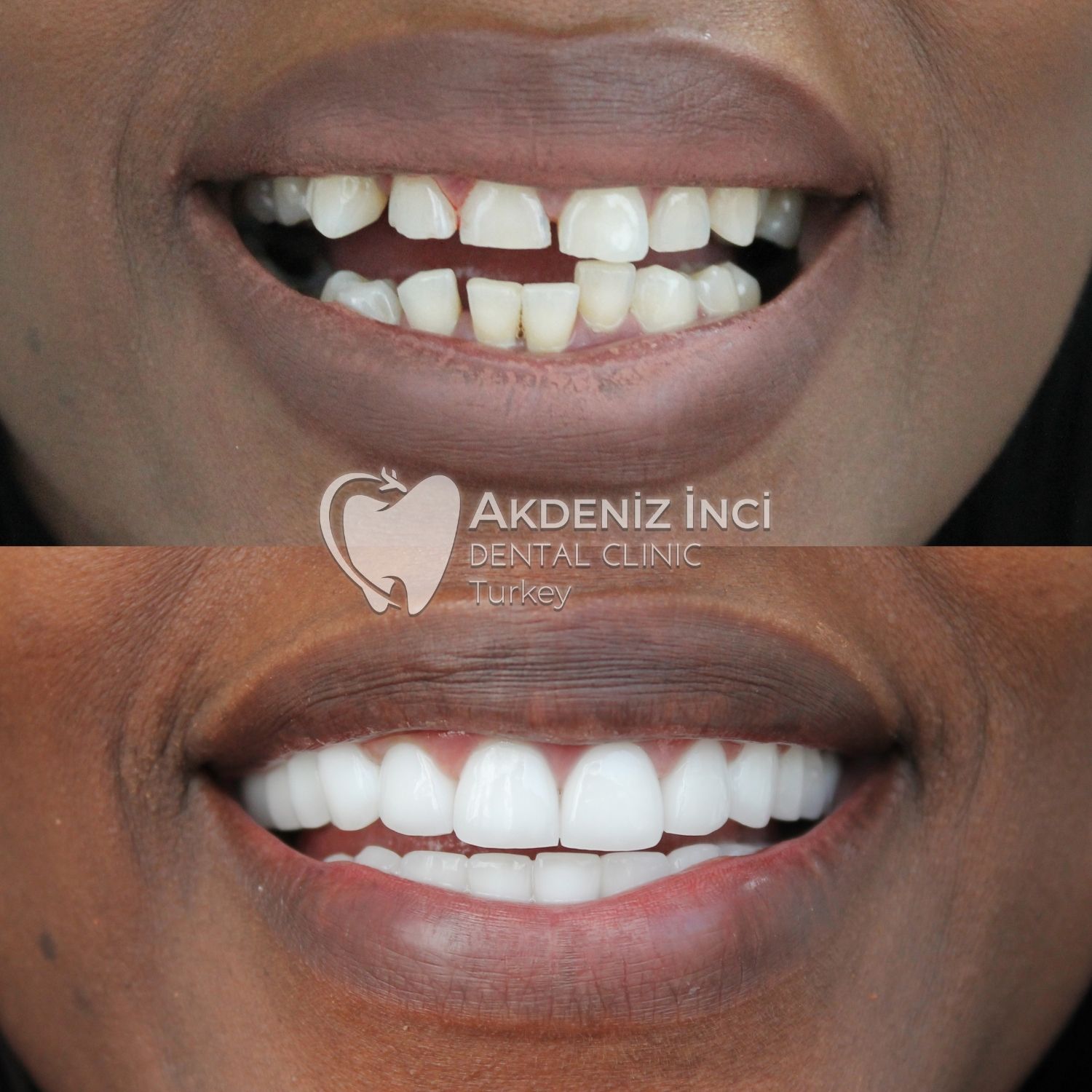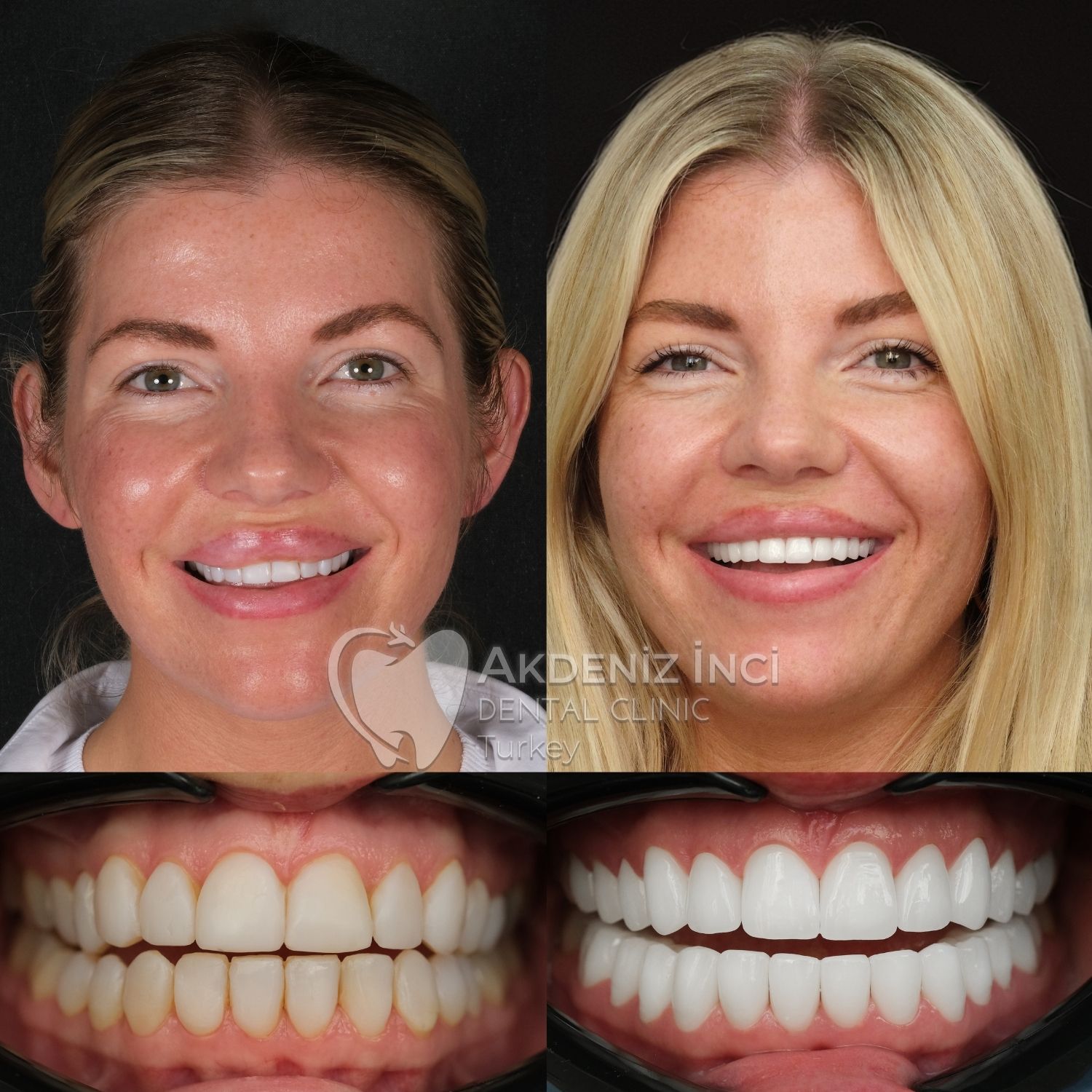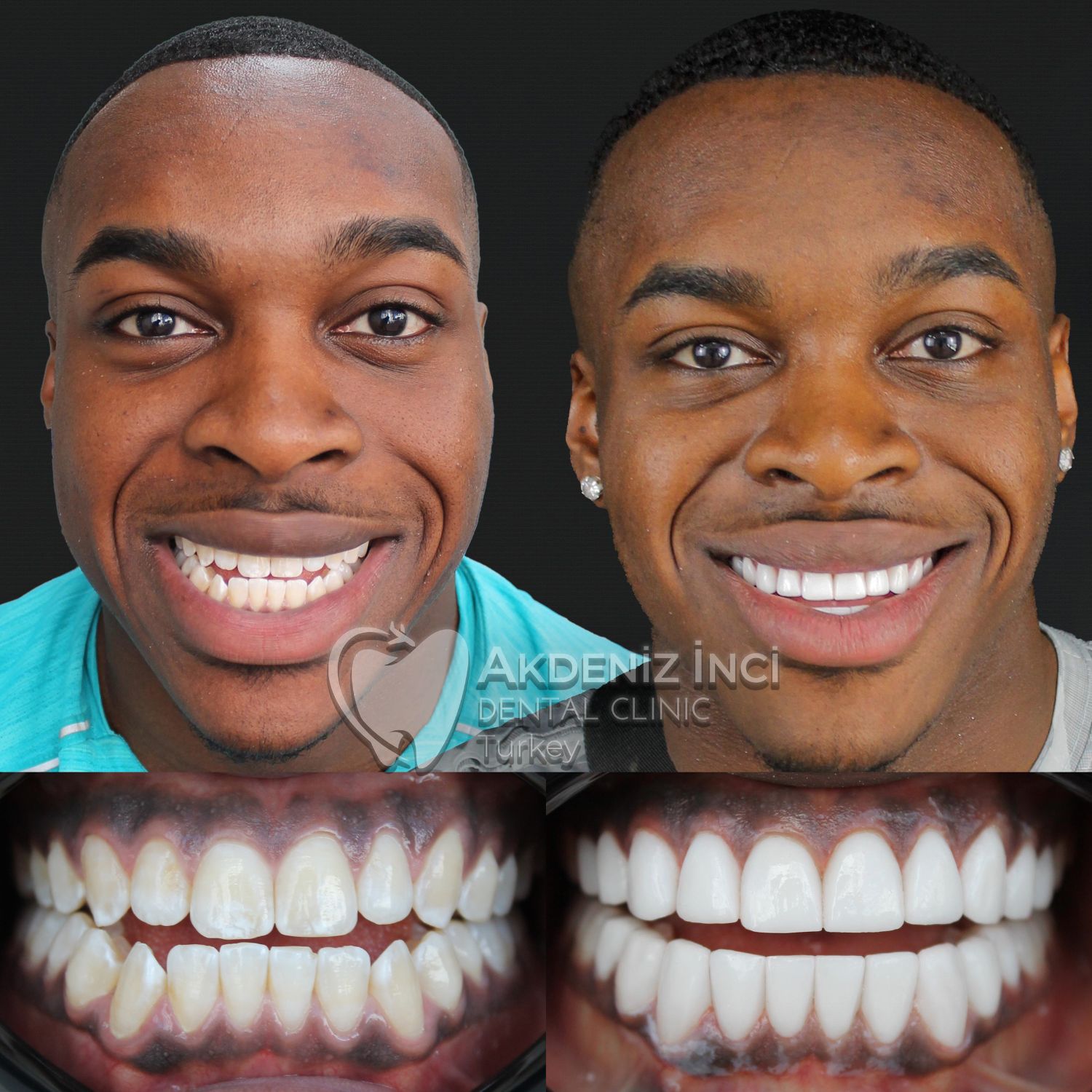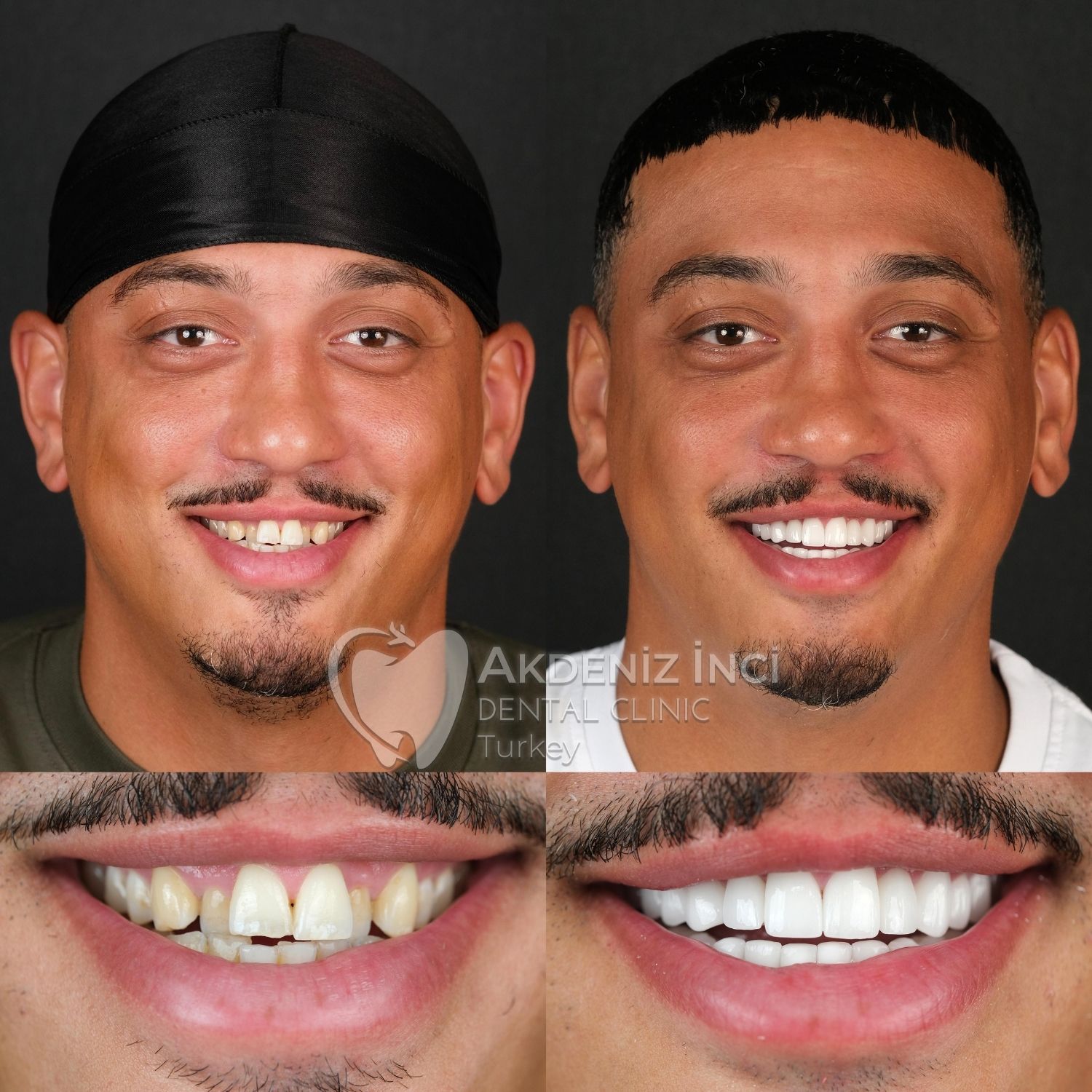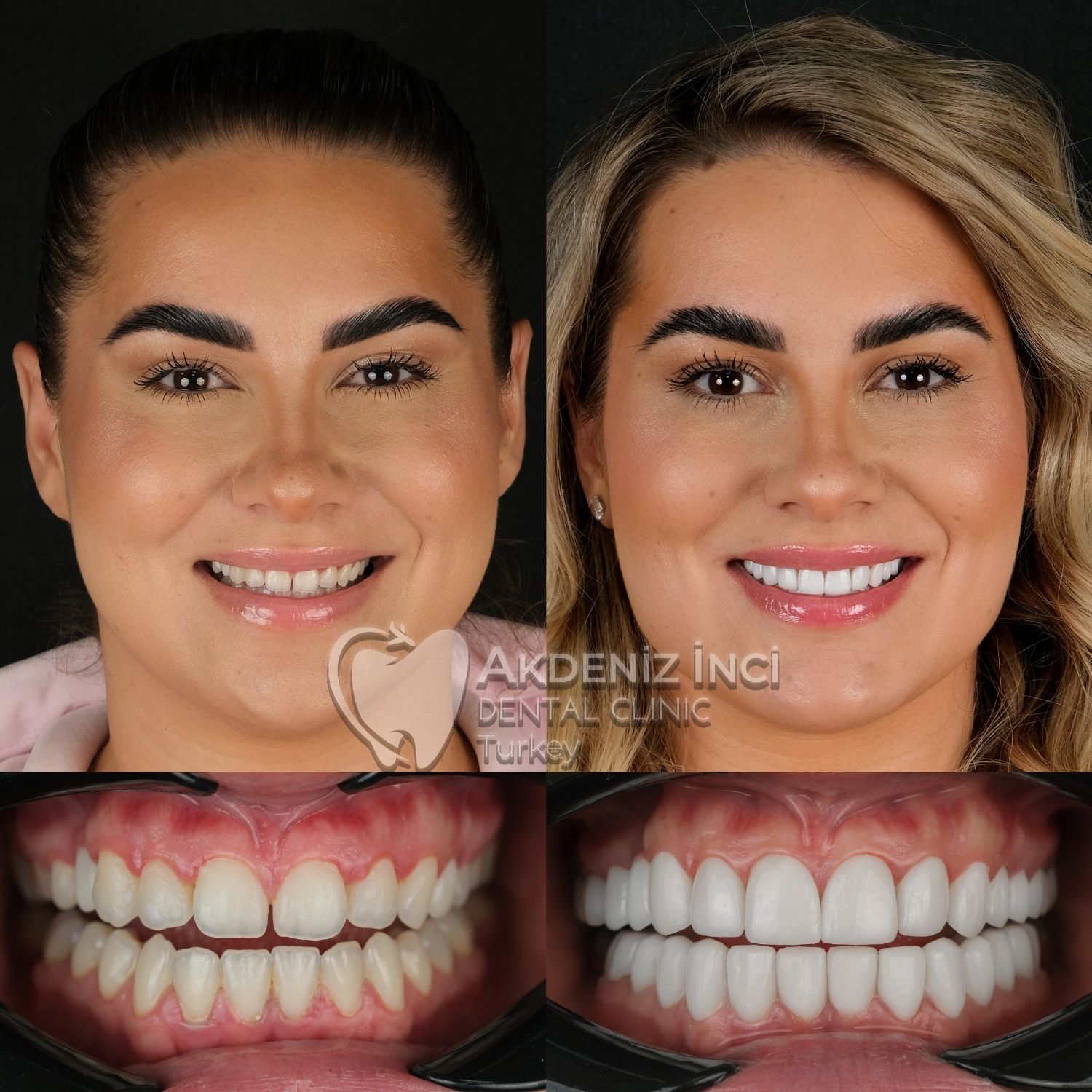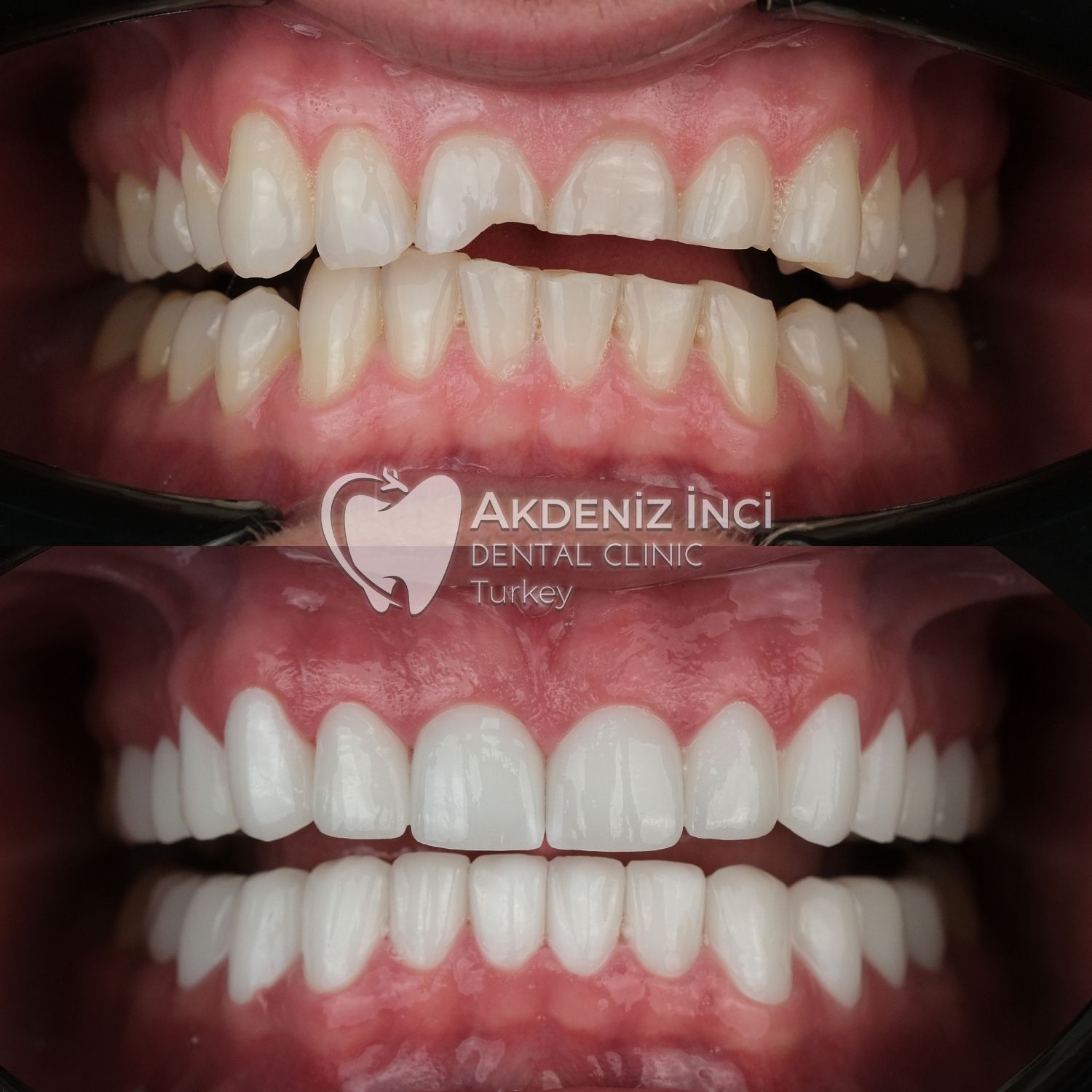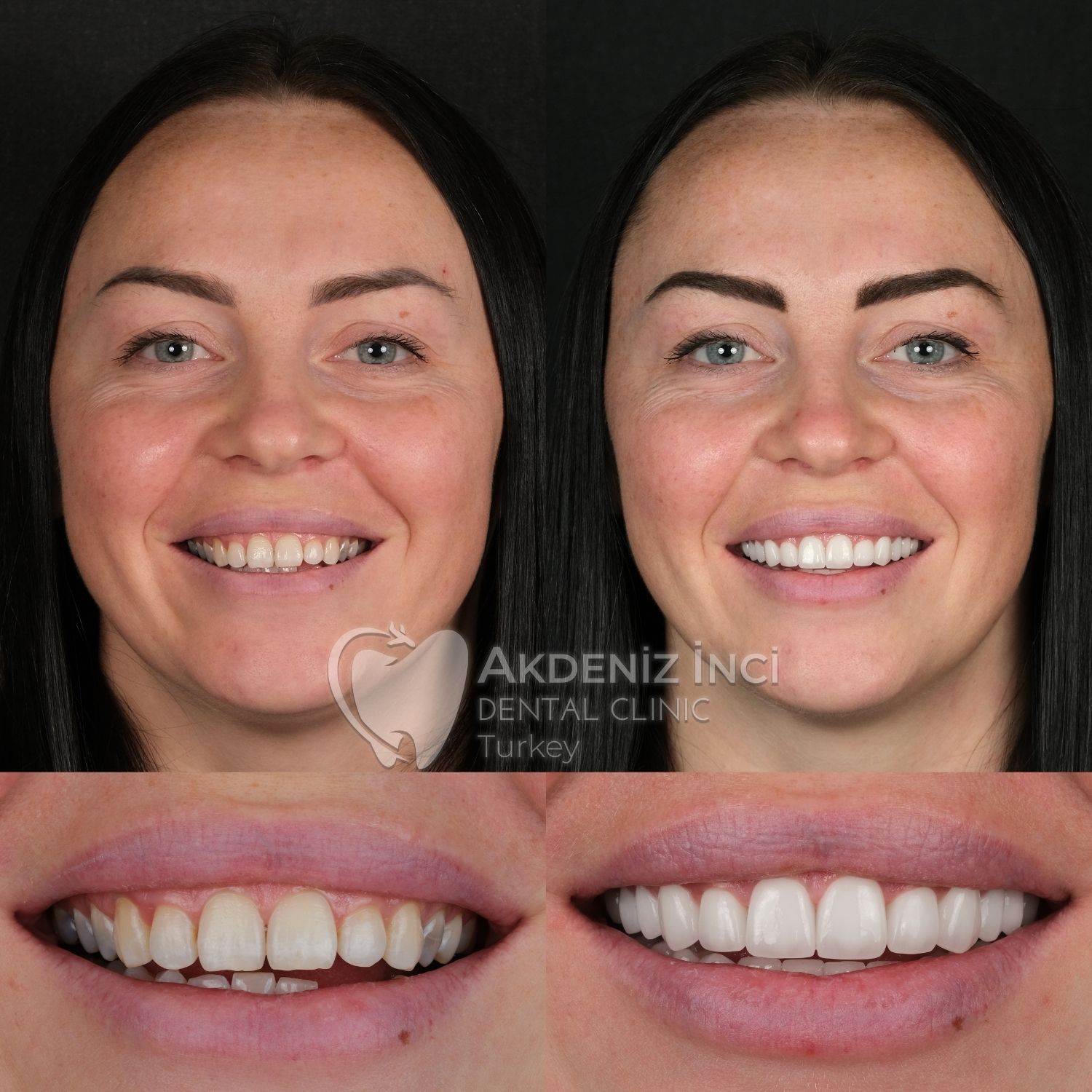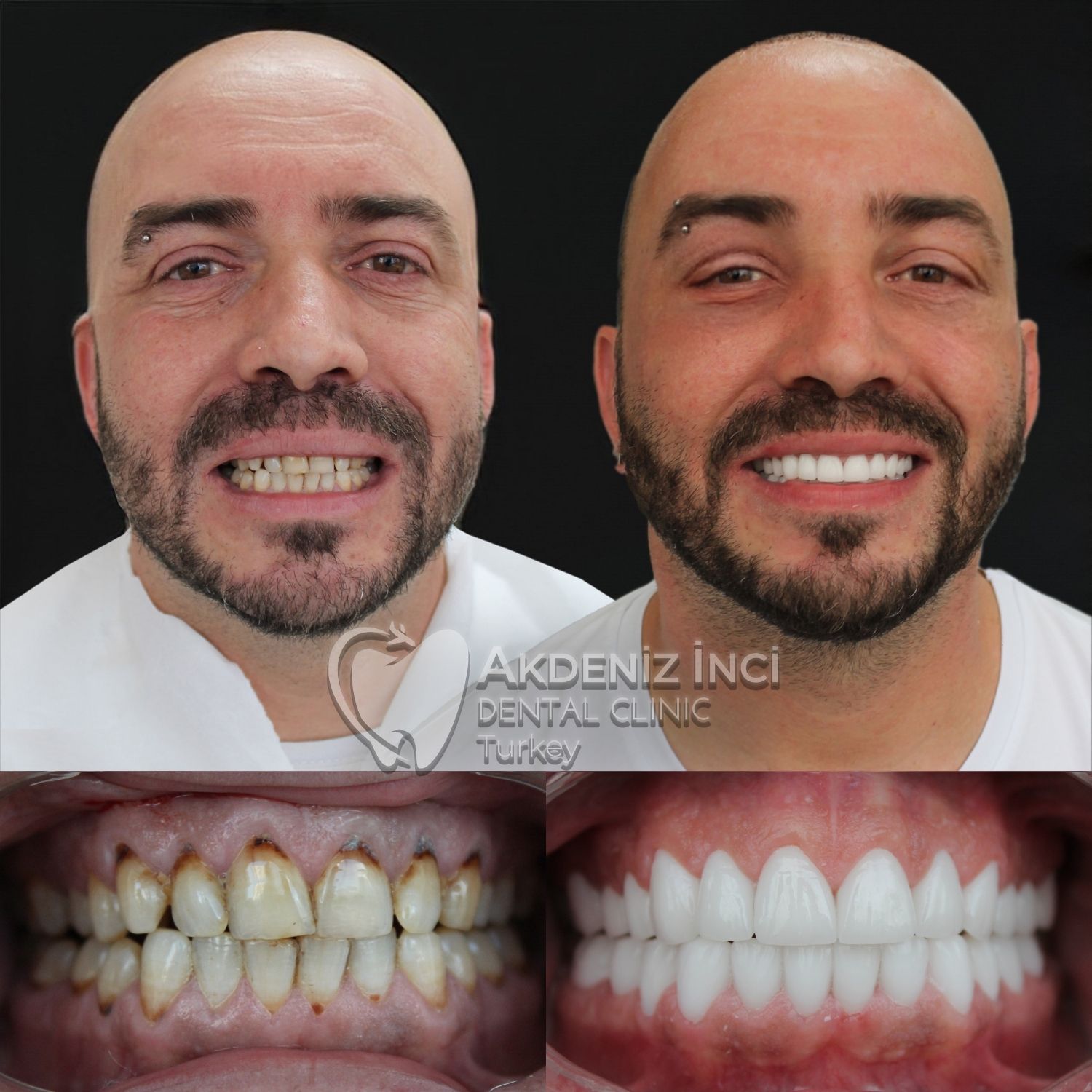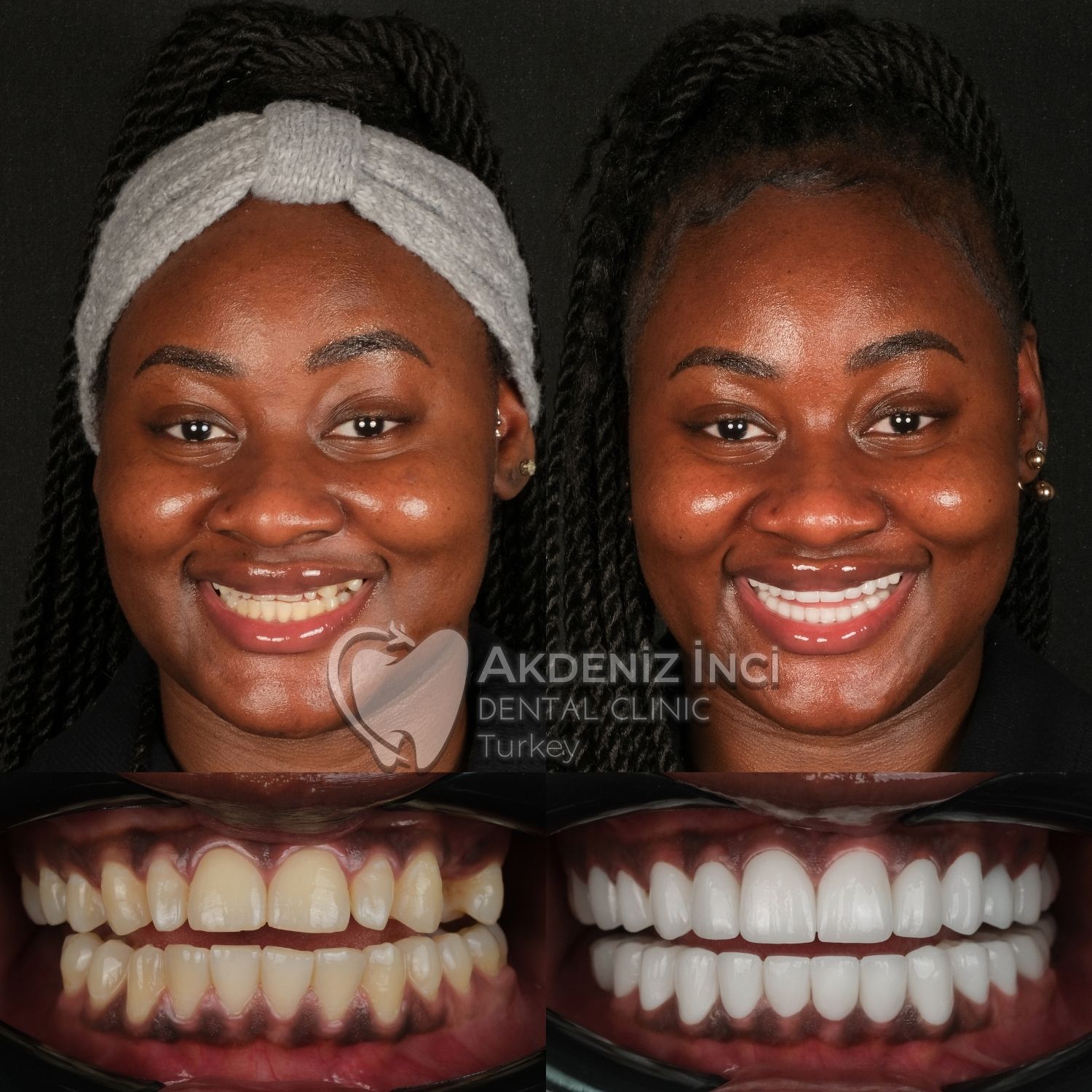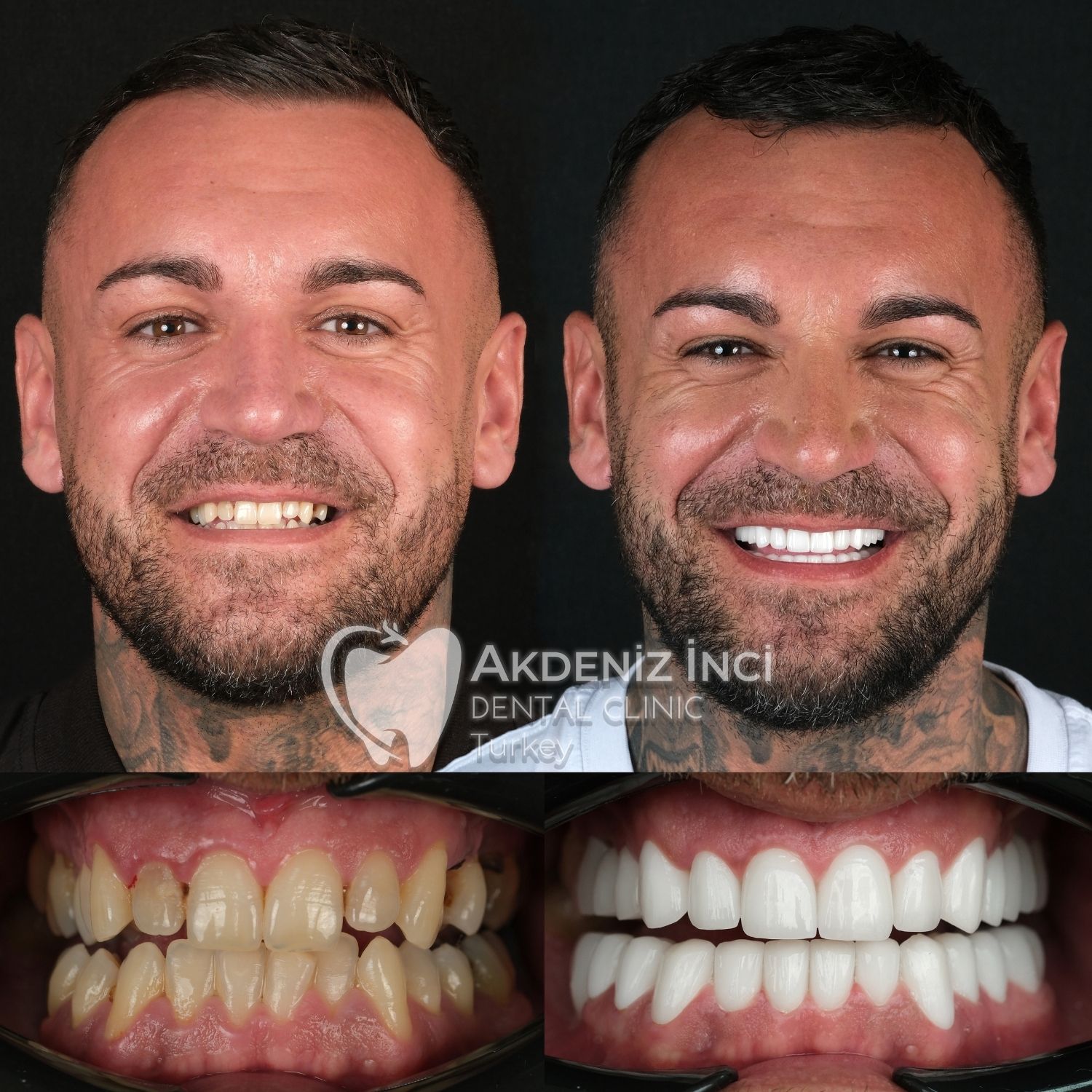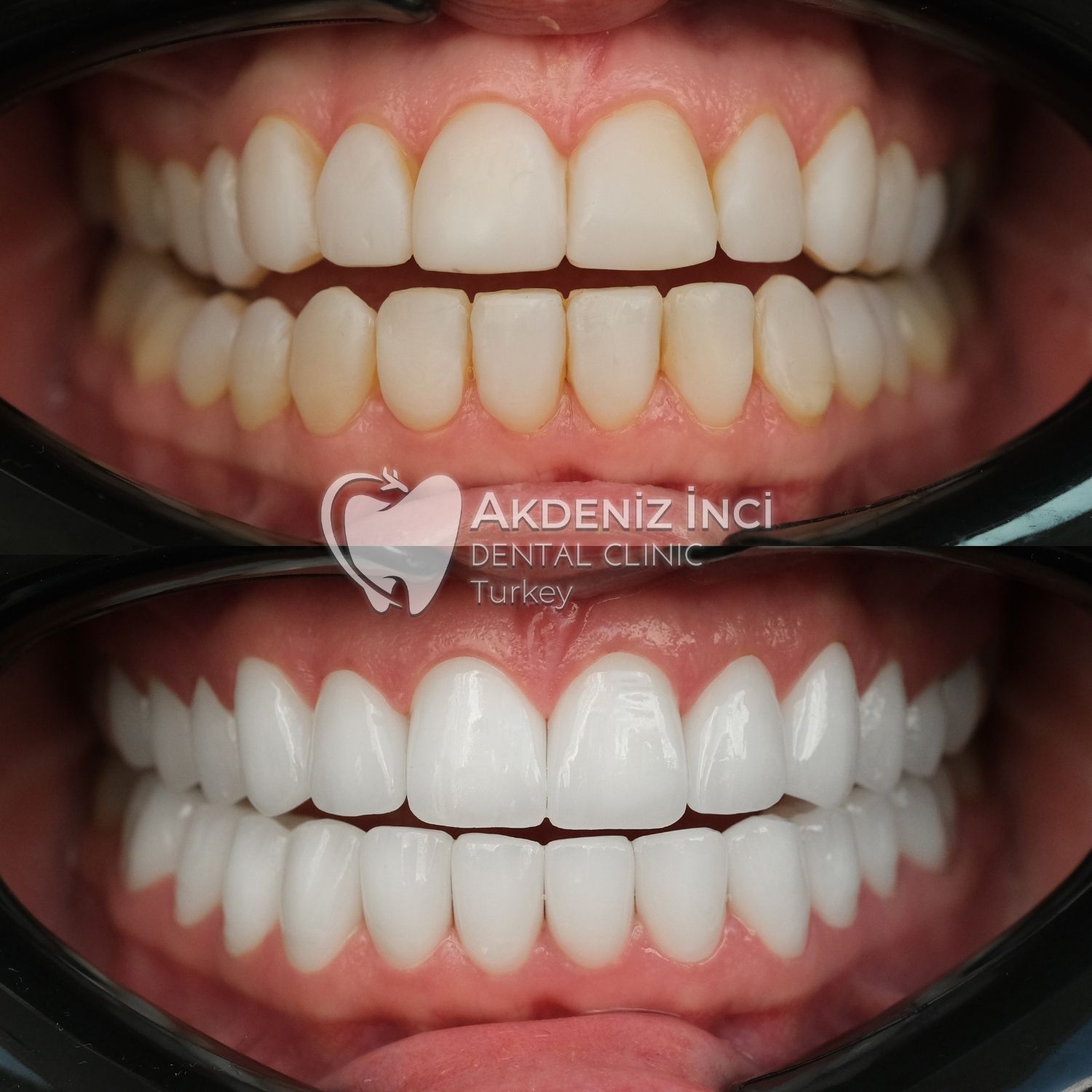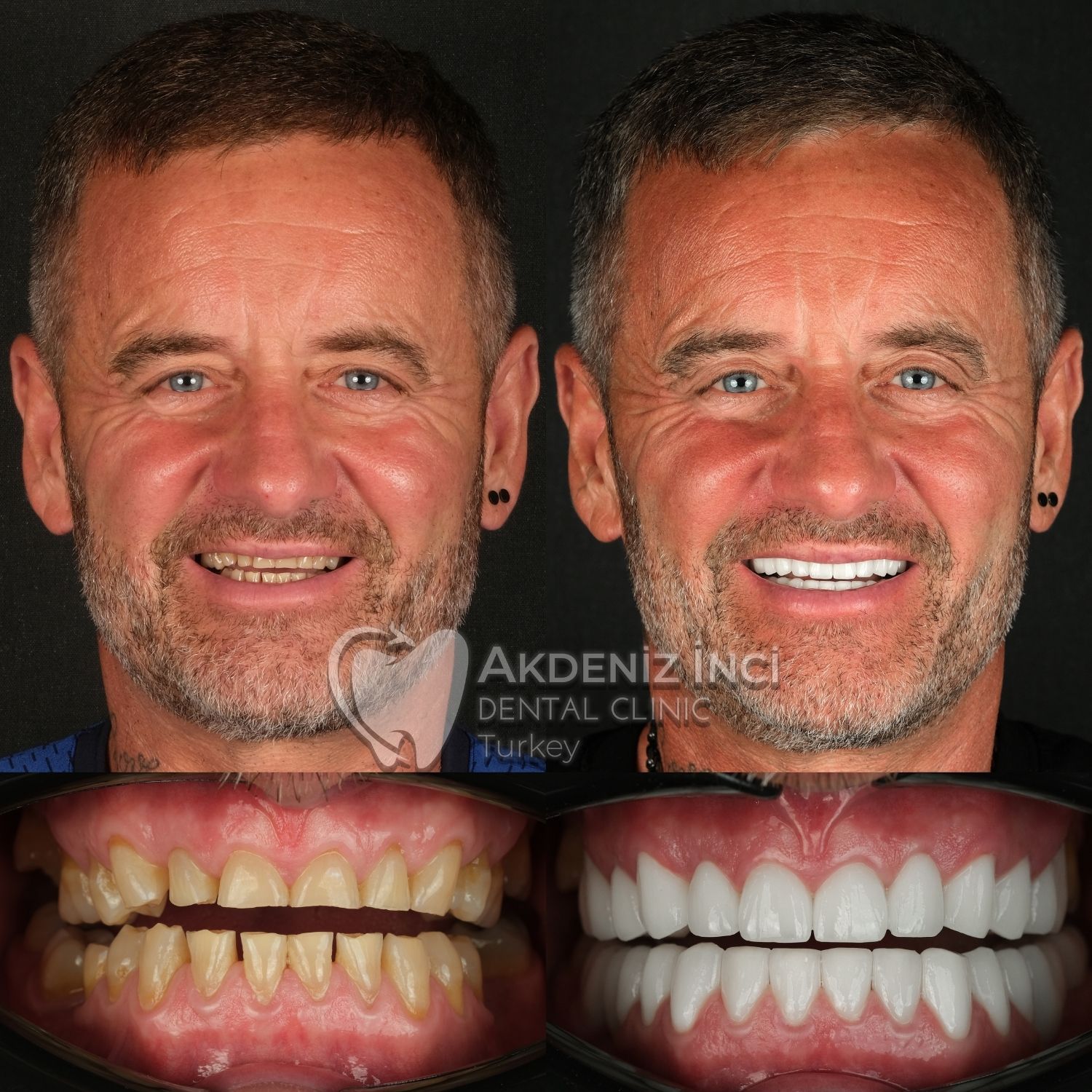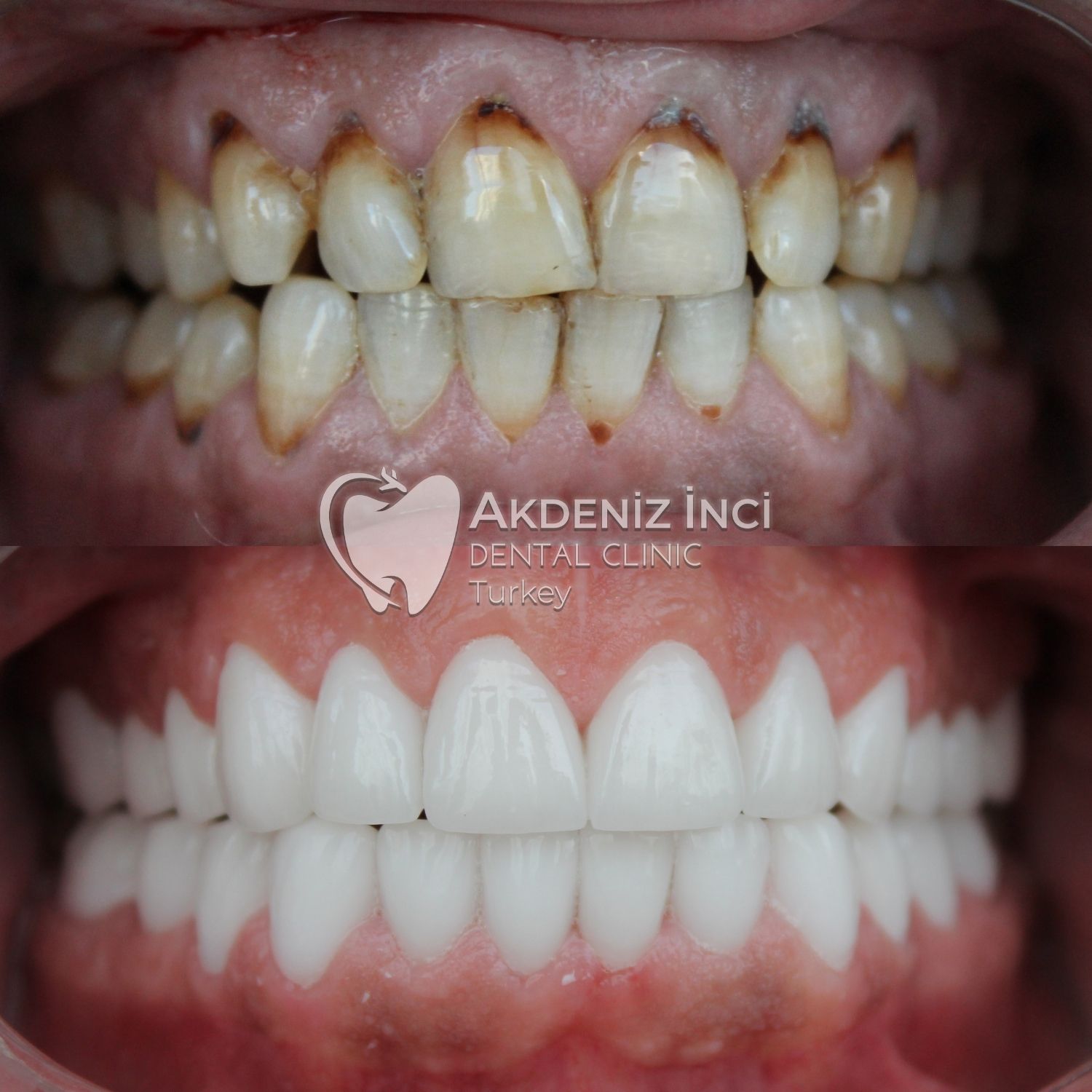×
Bruxism: Understanding Teeth Grinding and How to Manage It
Bruxism: Understanding Teeth Grinding and How to Manage It
Contact Form

What is Bruxism?
Bruxism is a condition characterized by teeth grinding, clenching, or gnashing, which can occur while awake or asleep. Though awake bruxism is more common, sleep bruxism has been studied extensively. This condition affects both children and adults, with varying degrees of severity. While mild cases often go unnoticed and may not require treatment, severe bruxism can lead to significant dental issues, jaw discomfort, and headaches. Regular dental check-ups are essential to detect and address the signs early.
Types of Bruxism
Bruxism is generally categorized into two main types:
Awake Bruxism: This occurs when you unconsciously clench your teeth while awake, often due to stress or deep concentration.
Sleep Bruxism: This happens during sleep and is usually involuntary.
Additionally, bruxism is classified as:
Primary Bruxism: Not linked to any underlying medical condition.
Secondary Bruxism: Caused by other health issues, such as neurological disorders, or as a side effect of certain medications.
Causes of Teeth Grinding
Bruxism can stem from various lifestyle and medical factors. Common causes include:
•Stress and Anxiety: Emotional tension often triggers teeth clenching.
•Caffeine Overconsumption: High intake of caffeine (e.g., more than six cups of coffee daily).
•Alcohol and Smoking: Both habits can increase the likelihood of bruxism.
•Medication Side Effects: Some antidepressants, particularly selective serotonin reuptake inhibitors (SSRIs), can contribute to teeth grinding.
•Drug Use: Recreational drugs are also a potential trigger.
Long-Term Effects of Bruxism
Unchecked bruxism can lead to:
•Tooth sensitivity due to enamel erosion
•Gum inflammation or bleeding
•Loose teeth or dental work damage (e.g., crowns, fillings)
•Flattened or fractured teeth
•TMJ (temporomandibular joint) syndrome, causing pain, tension, and difficulty chewing
Managing and Preventing Bruxism
If you suspect bruxism, taking proactive steps can protect your teeth and overall health.
1. Use a Custom Night Guard:
A dental professional can create a custom-fit mouthguard to wear during sleep, protecting your teeth from the damaging effects of grinding.
2. Explore Medical Treatments:
Botox injections can relax jaw muscles and reduce grinding severity for several months. Medications might also help, but consult your dentist or doctor to ensure compatibility with other treatments.
3. Incorporate Stess-Reducing Practices:
Since stress is a common cause of bruxism, incorporating relaxation techniques can help. Consider activities like yoga, meditation, journaling, or cognitive behavioral therapy (CBT), especially before bedtime.
When to See a Dentist
If you experience symptoms like persistent jaw pain, headaches, or visible changes in your teeth, it’s crucial to consult a dentist. Early intervention can prevent further complications and ensure you maintain a healthy smile.
Bruxism may seem minor, but its long-term effects can be significant without proper care. Regular dental visits and lifestyle adjustments are key to managing this condition effectively.
For personalized advice or to book an appointment, contact our clinic today!
BEFORE AFTER
BEFORE AFTER






